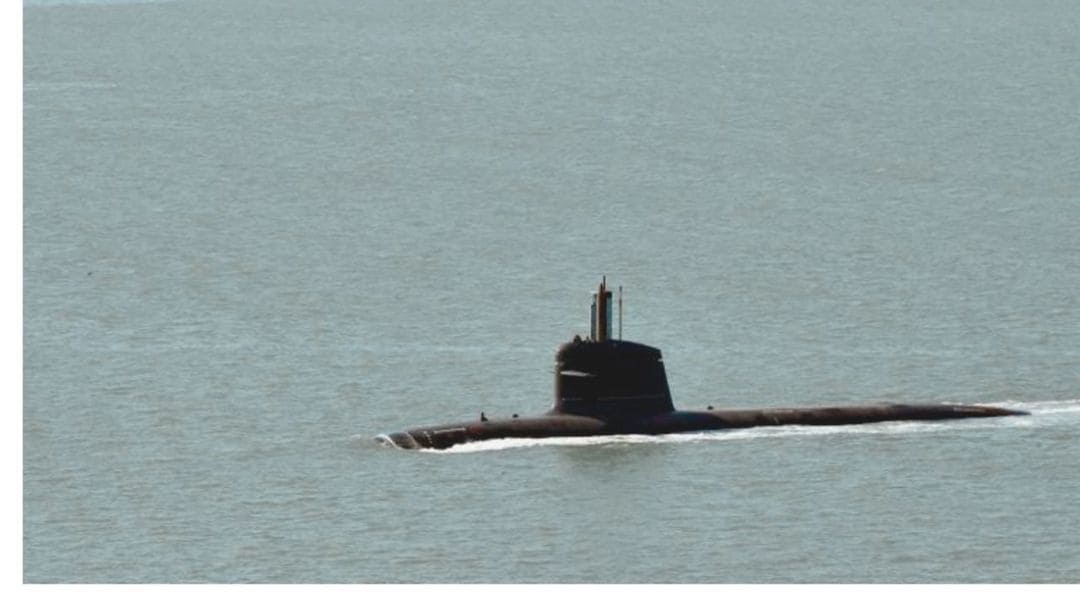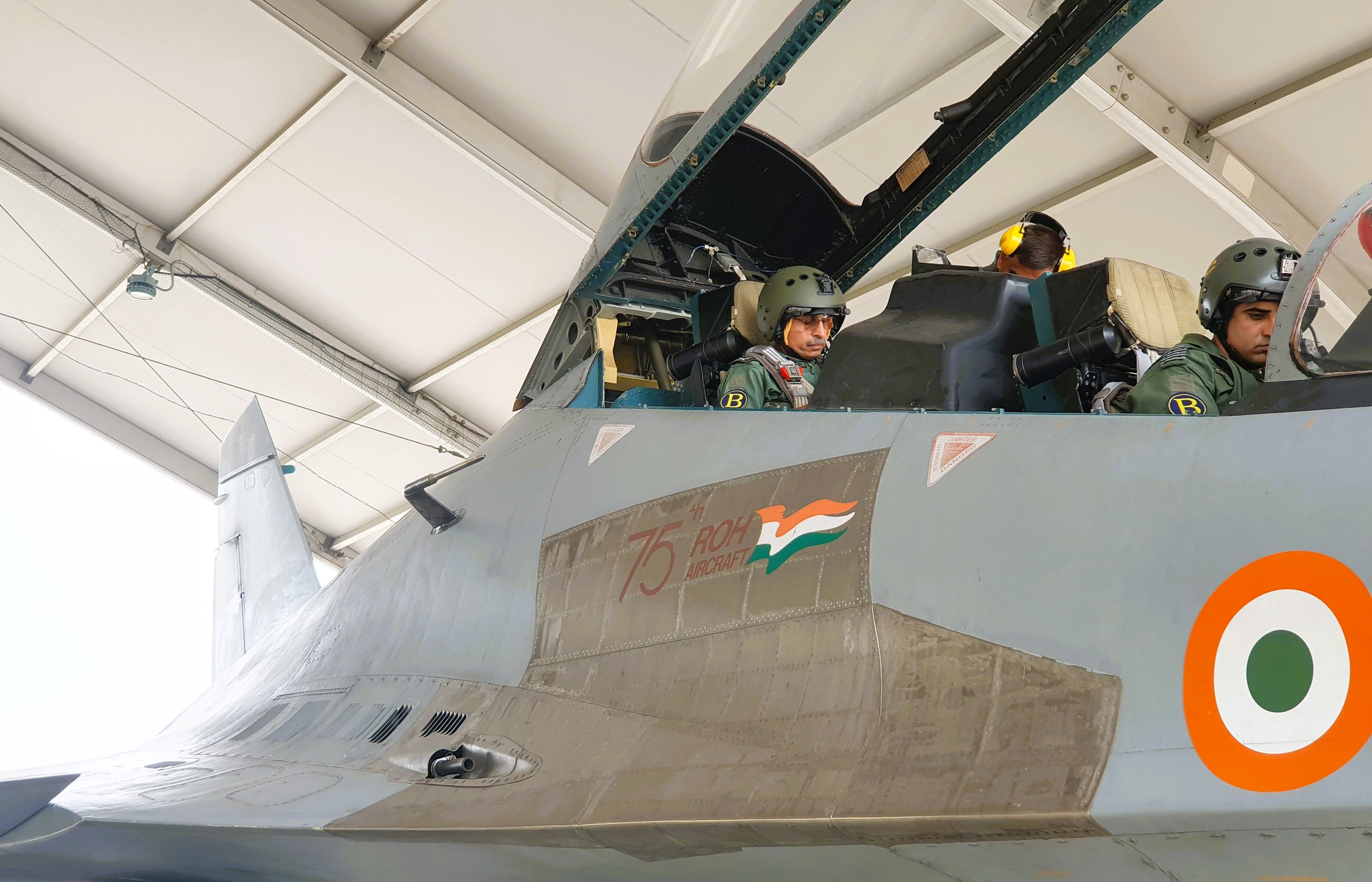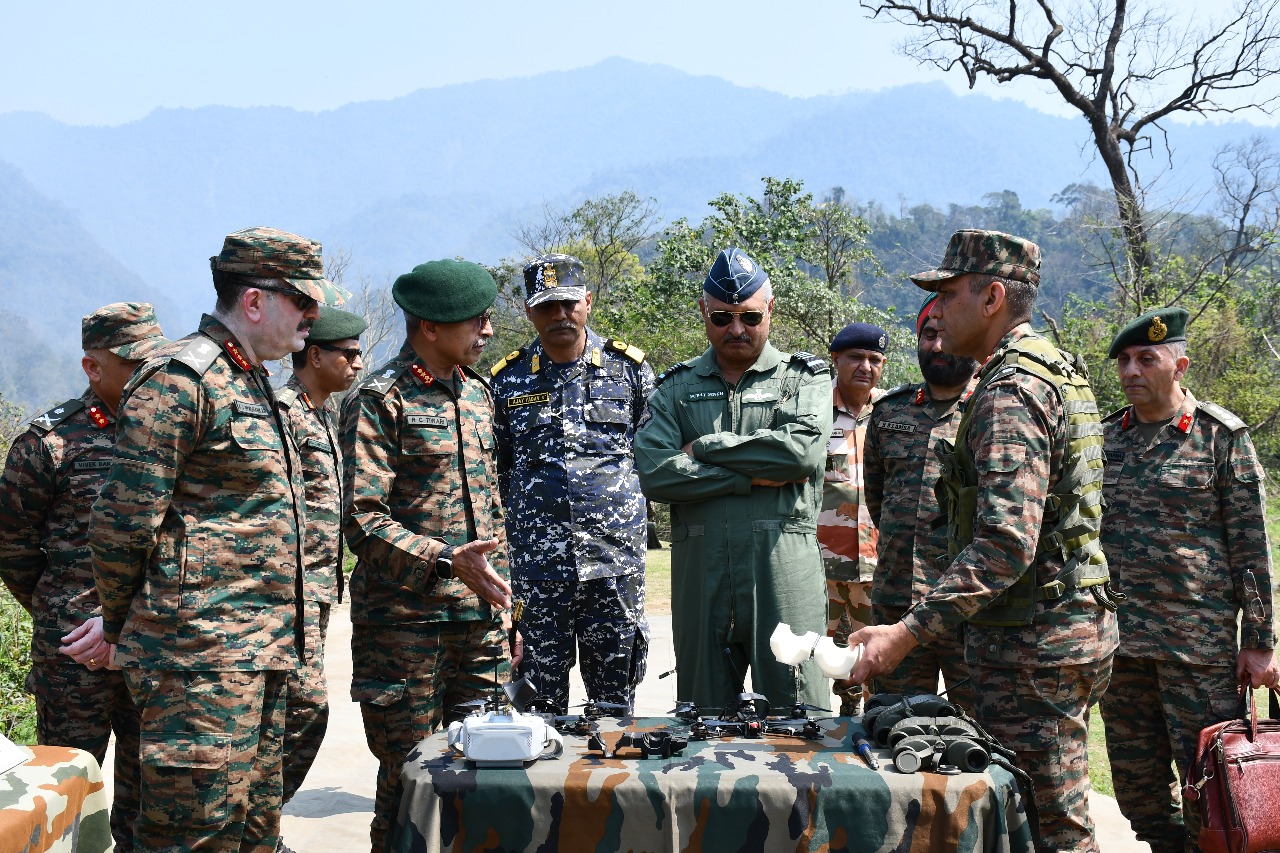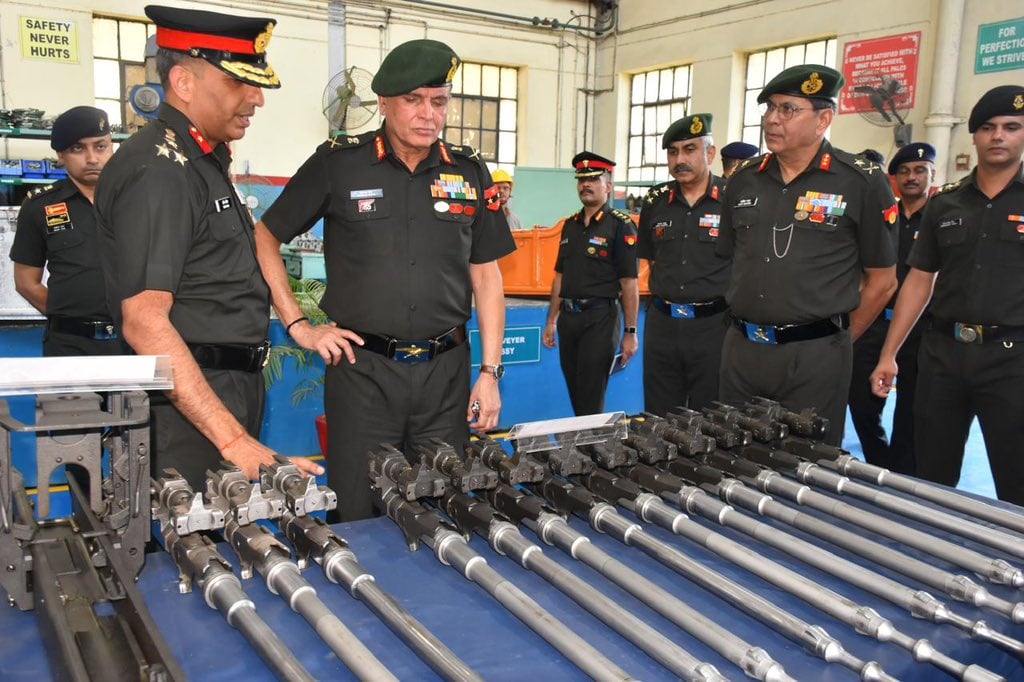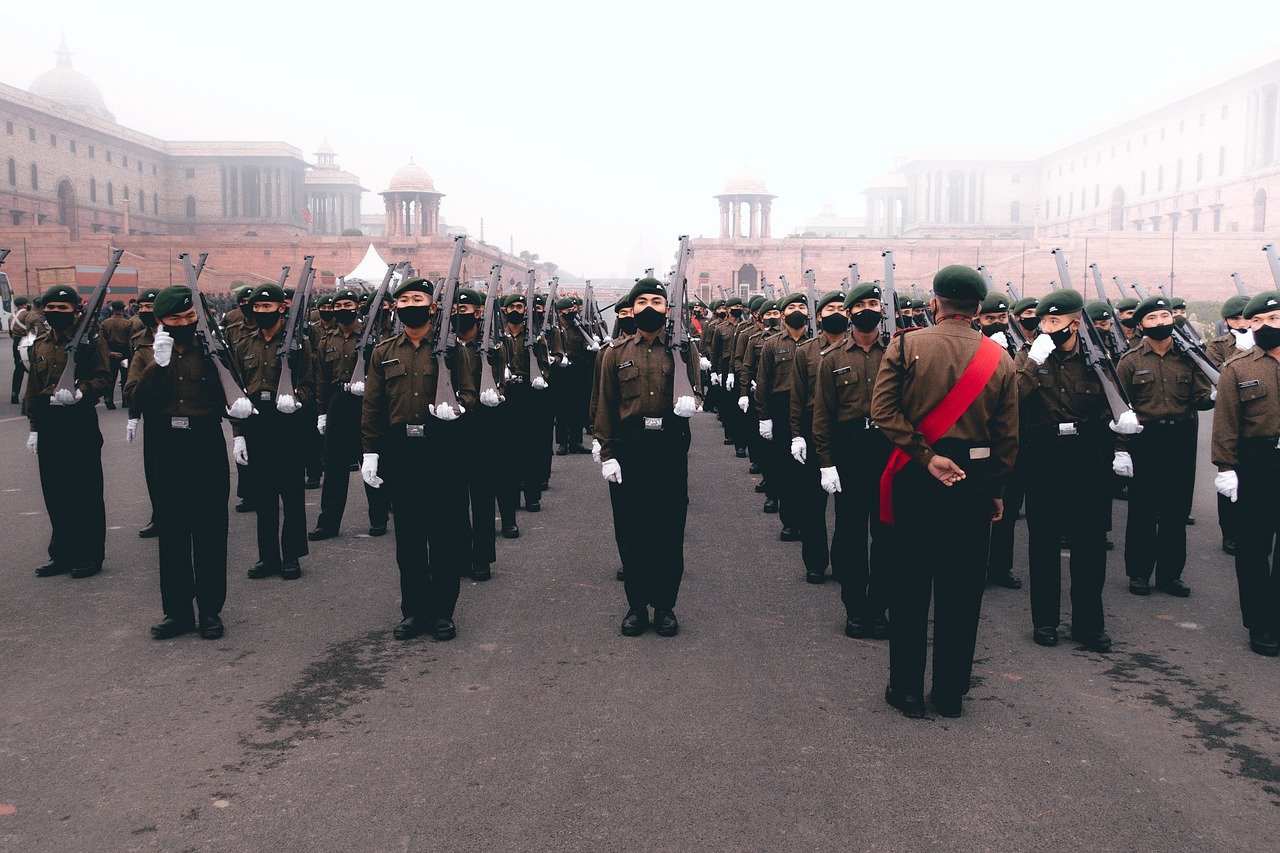India’s ambitious initiative to develop six diesel-electric submarines, valued at $6 billion, is encountering significant delays, primarily due to contractors voicing concerns over procedural issues observed during recent sea trials. As reported by Bloomberg, these setbacks come at a critical juncture, as the Indian Navy intensifies efforts to bolster its fleet in light of China’s expanding influence in the Indian Ocean. The project is already behind schedule, having been postponed by a year, and now faces additional obstacles.
The initiative is part of India’s broader strategy to modernize its military under Prime Minister Narendra Modi’s new defense acquisition policy. Complaints from local contractors appear to be a major factor in the slowdown, with reports indicating a range of objections—approximately six in total—relating to procedural violations and ambiguous guidance during key technology assessments conducted during the June sea trials.
Officials have expressed concerns that some contractors could be intentionally delaying the project, motivated by apprehensions about potentially losing out in the final selection process. Each complaint is expected to undergo thorough investigation before any progress can be achieved.
Key industry players involved in this venture include the German firm ThyssenKrupp Marine Systems, which is collaborating with India’s Mazagon Dock Shipbuilders Ltd, and Spain’s Navantia SA, which has partnered with Larsen & Toubro Ltd. The slow progress has already impacted stock performances, with shares of Mazagon Dock plummeting over 2% on Indian exchanges, while other state-run shipbuilders like Garden Reach Shipbuilders & Engineers and Cochin Shipyard Ltd have also experienced losses.
In a statement regarding the contractor objections, L&T indicated, “The field trial evaluation process is ongoing at the Ministry of Defence. It would be inappropriate for us to comment on it at this stage.” Meanwhile, neither the Indian Navy nor Mazagon Dock Shipbuilders has issued a formal response to the reports.
India’s existing submarine fleet comprises 16 vessels primarily sourced from Russian and German manufacturers, many of which are reaching the end of their operational lifespan despite multiple upgrades over the last three decades. The addition of these new submarines is critical for replacing the aging fleet, with the first vessel initially anticipated for delivery by the early part of the next decade.
Beyond these conventional submarines, India is also planning the construction of two nuclear-powered submarines armed with conventional weaponry. The success of these projects would position India as a competitive low-cost manufacturer of advanced military platforms amidst a rising global demand, particularly as defense needs in Europe escalate due to geopolitical tensions resulting from Russia’s war in Ukraine.
Geopolitically, the submarine endeavor is pivotal for India as it seeks to counteract China’s assertive presence in the Indo-Pacific region, while simultaneously enhancing partnerships with Western allies through collaborations like the Quad bloc, which includes the US, Australia, and Japan. However, the current delays underscore the challenges faced in the realization of PM Modi’s defense policy objectives, aimed at diminishing reliance on foreign defense imports and increasing domestic production capabilities.
The recent visits of German Chancellor Olaf Scholz and Spanish Prime Minister Pedro Sanchez to India highlighted defense cooperation as a significant topic during discussions with Prime Minister Modi. A joint statement released on October 25 outlined commitments to strategic exports, co-development, and collaborative production of defense technologies, further signifying the importance of this project and its implications for India’s future defense landscape.

